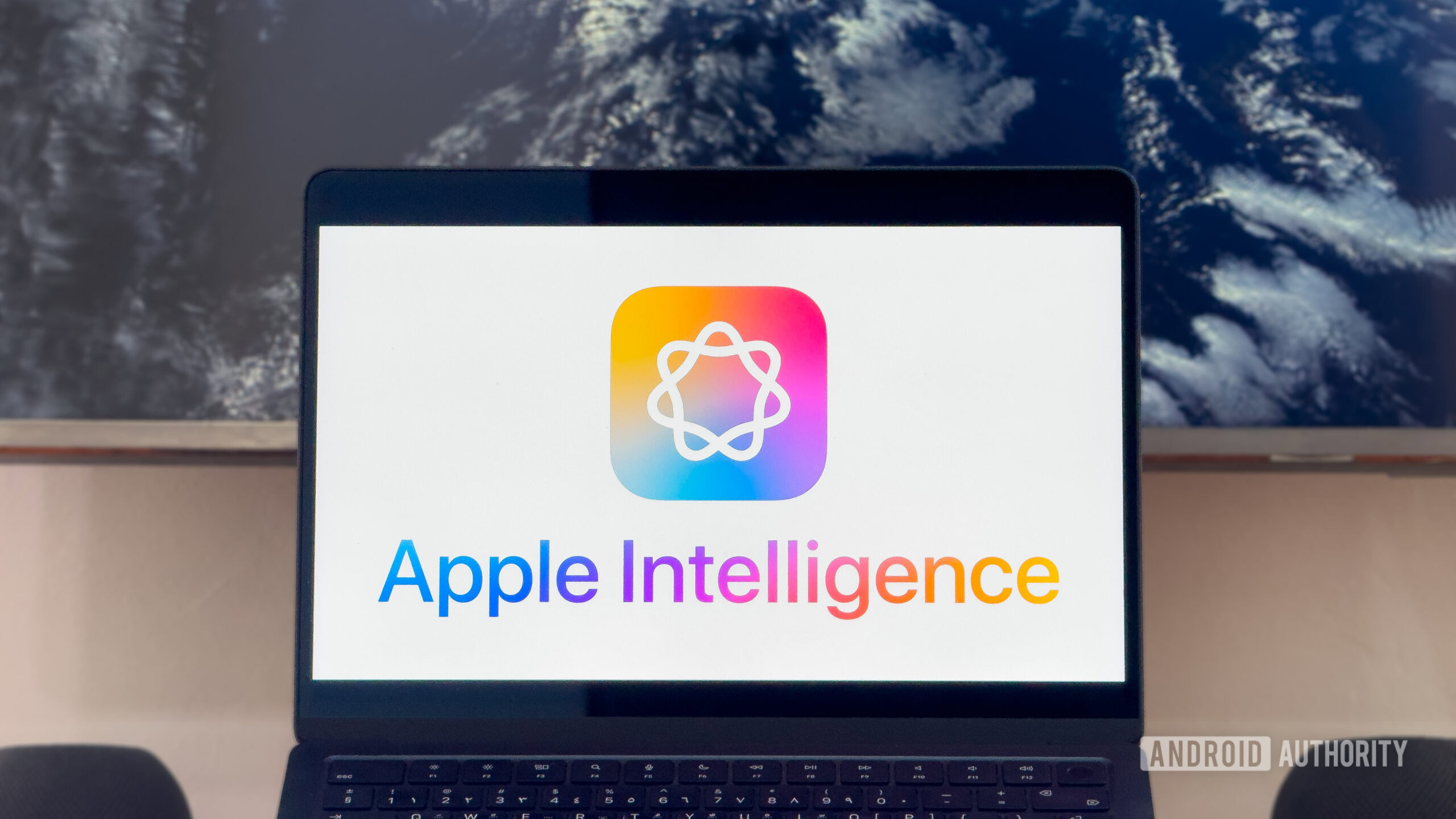Affiliate links on Android Authority may earn us a commission. Learn more.
Android users are getting superior AI features, and Apple knows it
October 21, 2024

- Internal Apple studies reportedly found OpenAI’s ChatGPT to be 25% more accurate than Siri, and it could answer 30% more questions.
- Apple is releasing the first batch of AI features next week, but many consider the included offerings underwhelming.
- While more exciting Apple Intelligence features are launching in the coming months, the company needs at least two years to catch up to its rivals.
Apple is readying its first batch of AI features, which will likely debut to iOS users next Monday. Beyond Apple Intelligence being exclusive to the latest iPhone 16 and 15 Pro models, the company is struggling to compete with rivaling platforms like OpenAI’s ChatGPT and Google Gemini. In fact, it could take Apple over two more years to catch up to them and start offering more powerful generative AI capabilities on its devices.
According to a Bloomberg report, internal Apple studies have found ChatGPT to be 25% more accurate than Siri. The OpenAI chatbot can also answer 30% more questions. Given the current state of AI at the company, some Apple employees “believe that its generative AI technology — at least, so far — is more than two years behind the industry leaders.”
While the Cupertino firm has been showcasing its AI suite to market the iPhone 16, the first batch of Apple Intelligence features will miss out on most of them. Next week, eligible users will be able to manipulate text with Writing Tools, summarize notifications and articles, and send auto-generated replies. However, the more exciting additions like Genmoji, Image Playground, native ChatGPT integration, and context-aware Siri are still months away.
Notably, though, Apple is better positioned to put out new AI features at scale. By the time Apple Intelligence gets smarter in two years, most of the firm’s devices will support it, and deploying fresh additions en masse is what Apple does best. Meanwhile, rivals like Google and Samsung continue to suffer from their fragmented hardware and software, which can slow down user adoption. So, despite its slow start, Apple could potentially become a dominant AI player beyond 2026.
Thank you for being part of our community. Read our Comment Policy before posting.